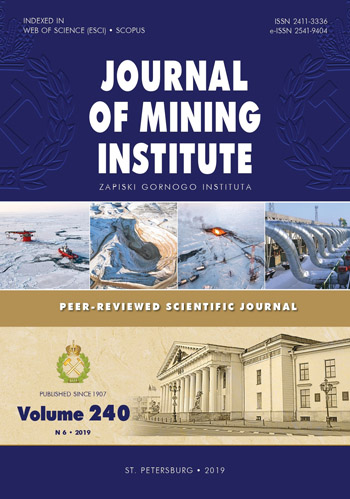Stakeholders management of carbon sequestration project in the state – business – society system
- 1 — Saint-Petersburg Mining University ▪ Orcid
- 2 — Saint-Petersburg Mining University
- 3 — Saint-Petersburg Mining University
Abstract
Prevention of catastrophic effects of climate change is one of the most pressing challenges of this century. A prominent place in the low-carbon development system today is carbon capture and storage technology (CCS). This technology can significantly reduce greenhouse gas emissions, leading to global warming. Effectiveness of technology has been proven through successful implementation of a number of CCS projects. CCS projects are implemented in the context of national and often international interests, consolidating efforts of many parties. Sequestration projects involve government bodies, public, industrial and scientific sectors, as well as a number of other business structures. Each participant presents his own expectations for results of the project, which can compete among themselves, creating threats to its successful implementation. World experience in implementing CCS projects indicates that opposition from a certain group of stakeholders can lead to closure of a project, therefore, interaction with environment is one of the key elements in managing such projects. This study focuses on specifics of stakeholder management in implementation of CO2 sequestration projects. Based on the analysis of world experience, role of the state, business and society in such projects is determined, their main expectations and interests are summarized. The main groups of stakeholders of CCS and CCUS (carbon capture, utilization and storage) projects were identified, differences in their interests and incentives to participate were analyzed. It is proved that system of interaction with stakeholders should be created at the early stages of the project, while management of stakeholders is a continuous process throughout the life cycle. An author’s tool is proposed for assessing degree of stakeholder interest, the use of which allowed us to determine interaction vectors with various groups of stakeholders.
